In reporting its first quarter financials for 2019, Intel CEO Bob Swan during a conference call on Thursday said the company expects to deliver 4G wireless modems to customers throughout the year, including a next-generation iPhone.
Reuters reporter Stephen Nellis detailed Swan's comments in a tweet, noting the CEO seemed to imply Intel plans to supply Apple with modems for iPhone models anticipated to launch this fall.
Pundits speculated that Intel would continue to supply modem hardware only for carryover models that use the company's baseband chip, specifically iPhone XR, XS and XS Max, as Apple restarts its partnership with Qualcomm. Swan's comments, however, suggest Intel parts will be integrated into this year's new models.
"Our expectation is we will continue to deliver on the 4G modem throughout the course of this year, including the second iteration of that product coming in the fall back to school season," Swan said, reportedly referring to Apple's smartphone.
Alternatively, Intel could split iPhone modem orders with Qualcomm. The two companies were in similar but opposite positions in 2018 when Apple completely weaned off Qualcomm chips in favor of Intel.
Intel's inclusion in the iPhone supply chain for 2019 means Apple's flagship product will not sport 5G network capabilities.
Apple initially tapped Intel to supply a 5G chip, the XMM 8160, for iPhone and other wireless products by 2020, but Intel reportedly hit a number of roadblocks while developing the speedy network technology. The tech giant is also moving forward with the creation of its own in-house 5G modem solution that could reach consumers by 2021.
The timeline quoted by Swan makes sense for Apple, which earlier this month reached a surprise settlement in a wide-sprawling legal battle with Qualcomm over patent royalties. Apple agreed to pay Qualcomm an undisclosed sum in return for a six-year licensing agreement and multi-year chip supply deal.
When Qualcomm intends to begin supplying modems to Apple is not clear, though it is likely too late to include the chips in a phone slated for release this fall. As such, Intel is well positioned to pick up the slack.
Within hours of the settlement's announcement, Intel said it would exit the 5G smartphone modem business. Swan decided to pull out of contention, and kill the stillborn XMM 8160, after hearing word of Apple's deal with Qualcomm, reports The Wall Street Journal.
 Mikey Campbell
Mikey Campbell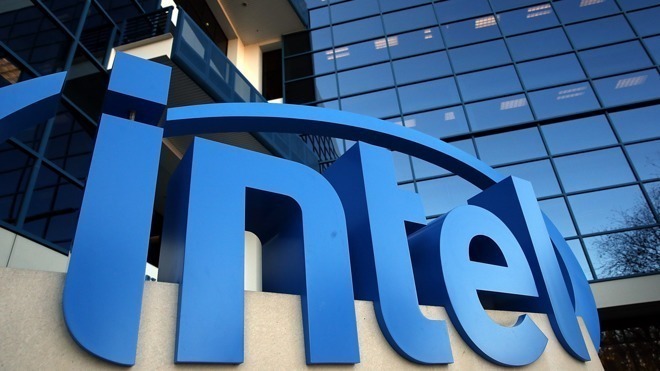


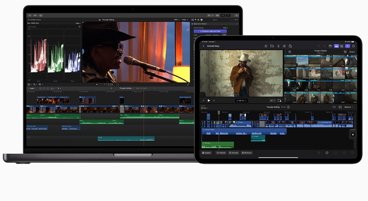

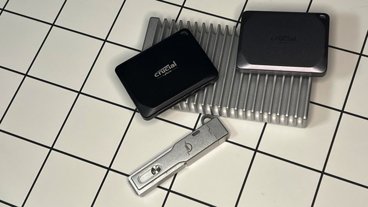









 Malcolm Owen
Malcolm Owen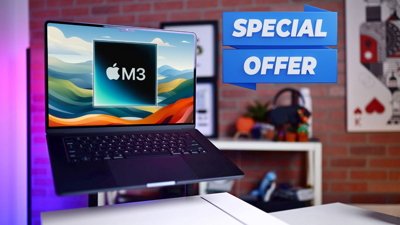
 Christine McKee
Christine McKee
 Andrew Orr
Andrew Orr

 William Gallagher
William Gallagher
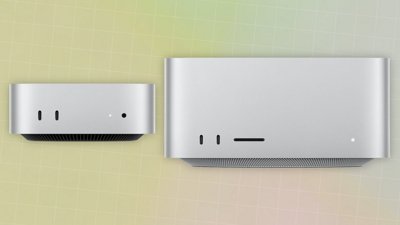
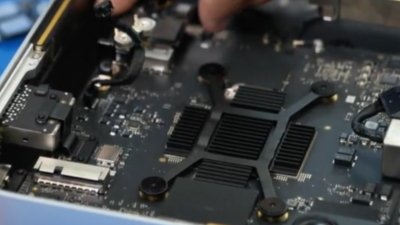
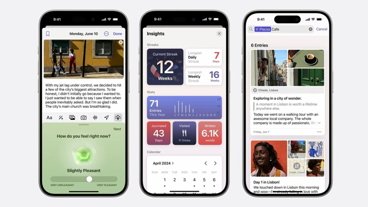
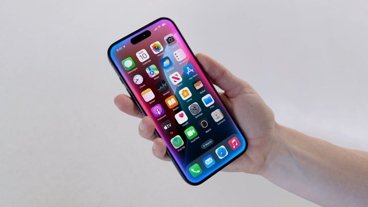






9 Comments
This is the company founded by the colleagues and followers of William Shockley, the people who invented the transistor and the integrated circuit. It has always been the leader in the field and it is painful to see it falling behind.
The quote from Mr. Swann seems to make it clear, that Intel exited the mobile 5g market after losing it’s one customer. Considering this, changes the narrative of who blinked first Qualcomm or Apple. Makes it seem Qualcomm wasn’t the clear winner here. They certainly had much to lose if the case didn’t go their way (payments plus probably renegotiating nearly every contract they had with their tail between their legs). Apple’s downside was paying what they always paid for modems and possibly being later to 5g.
5G isn’t happening for much of anyone until late 2020, so it’s unsurprising that the 2019 iPhones have (were always going to have) LTE modems. The 2020 iPhones will probably have to make room for both, since I don’t see LTE going away anytime the next half-decade.
Three of the four big providers in the US have already said that “5G“ isn’t going to be available outside of high density urban areas, and it’s going to cost more. I suspect non-datahog users will stick with LTE for a while until the more affordable (and slower, but still faster the LTE) versions of 5G come around to more widespread areas in a few years.
Fatman’s prediction: Apple will use Intel’s improved 7660 to replace the current 7560 in all new 2019 models. Qualcomm chips will be back for all phones 2020-2021, Apple will then give Qualcomm a single finger salute when it rolls out its own chip for use in 2022 models and beyond.